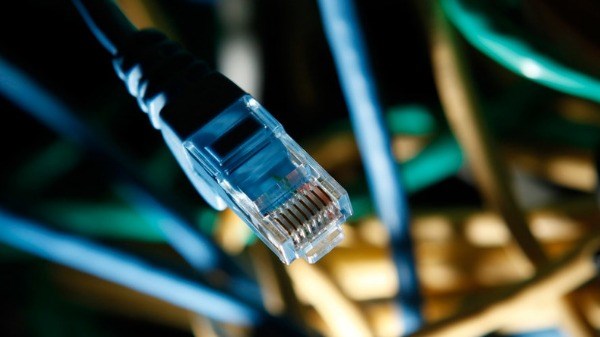Sovereign internet drills cause major disruptions at Russian airports
Russian airlines and airports were paralyzed for several hours due to a major disruption of the internet. As a result, the systems responsible for booking and buying tickets, flight registration and baggage and flight monitoring stopped working, Ura.ru reports, citing a source in one of the airlines.
According to the source, the disruption could be linked to the testing of the “sovereign Russian internet”.
“For several hours, the internet went down, as a result of which problems arose not only in Koltsovo, but also in Western Siberia and in the south of Russia – in Ufa, Salekhard, Novy Urengoy and even Rostov. We are aware of problems launching the programs for the ticket and passenger movement monitoring systems which are used by aircraft companies. For example, the foreign Gabriel and Amadeus systems, and the Russian Sirena. They are linked to the internet, and if disconnected, the systems simply do not see passengers. Aircraft companies had to move passengers and their baggage manually. The problems arose due to the testing of the sovereign internet systems. Previously there have been disruptions, but I don’t remember it being on such a scale,” the source explained.
Koltsovo’s domestic airline “Ural Airlines” was particularly affected by the downtime. “In connection with the difficult situation, passenger registration for flights U6223, U61 and U6274 was done partially by hand. Airport staff provided as much assistance as possible with all of the issues that arose. The airport also took all necessary measures to prevent flight delays,” said the airline’s press attaché, Vera Gasnikova.
The law on the sovereign Internet, introduced late last year by senators Andrei Klishas and Lyudmila Bokova, and the deputy Andrey Lugovoy, was approved by the Russian State Duma on April 16.
It requires for an autonomous root domain name server (DNS) system be created in Russia by 2021, allowing, if necessary, to transfer the country to a fully autonomous, internal Internet, which is an analogue of North Korean system.
At the end of 2017, Russian President Vladimir Putin ordered to develop such a system stressing the need to protect Russian users from “targeted attacks”.
The key provisions of the law, however, came into force earlier, from November 1, 2019. Telecom operators are required to create conditions to minimize the transfer of Russian users’ data abroad, as well as install the equipment of the Russian media watchdog, Roskomnadzor, on their networks that will allow the agency to monitor the internet traffic and block prohibited resources.
In addition, operators and owners of the networks are required to provide Roskomnadzor with a complete map of lines crossing the Russian Federation borders.
For state and municipal information systems operators as well as company’s information systems making purchases in accordance with the relevant federal law, the government introduced a “ban on the use of databases and technical equipment located outside the Russian Federation for the operation of information systems”.
